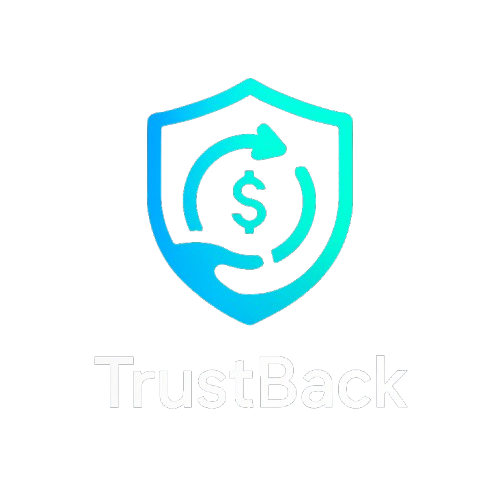Get your money back from Credit card phishing
If you’ve been ripped off by scammers, get in touch and our team of experts will work to get your money back
At Trust Back we fight hard to assist our clients who have become victims of binary options scams. Our recovery experts will endeavor to recover your losses and right the wrongs you’ve experienced at the hands of nefarious individuals and companies who have acted in a fraudulent fashion. In addition, our informative guides will help you to avoid such scams, therefore preparing you for possible future attacks.
Your money back guarantee
The fund recovery process can be a lengthy one and requires perseverance. Therefore it is vital that our clients are ready for it and trust us every step of the way. So if for any reason you are doubtful, you can ask for a full refund within the first 14 business days of the process.
